If you’re feeling overly tired or battling thyroid issues, it’s possible that you have an iron deficiency. Here’s why it’s difficult to get your iron levels up – and what to do about it.
There are many nuances to having a well-functioning thyroid, and balanced iron levels play an important role.
Iron deficiencies are common, especially for people with thyroid issues, women who are pregnant or menstruating, or those with a history of anemia or low hemoglobin. While this issue is prevalent, isn’t always straightforward to remedy – some food or supplemental forms of iron don’t digest or absorb properly, while others require co-nutrients.
Are you struggling with a Thyroid condition? We’ve created a FREE guide that shows you how you can heal your thyroid.
Click here to get your FREE copy of our Thyroid Guide!
So how do you correct an iron imbalance, and how does a deficiency affect your thyroid health?
Why Iron Is Required for Thyroid Balance
Iron is a known as the “blood-building mineral” because it is present in hemoglobin – iron-rich proteins that are found in red blood cells. Healthy hemoglobin and iron levels are essential for oxygen transport throughout the body, and the right amount of oxygen is essential for every process within the body.
Iron is needed for energy production within the cells and to protect cells from free radicals. Low iron and low thyroid have some overlapping symptoms, with fatigue being the most notable side effect. (1) When someone has both iron deficiency and low thyroid hormone, the fatigue can feel so debilitating that it might be difficult to get out of bed or move about your day.
Heme iron, a component of hemoglobin, bonds to the thyroid enzyme needed to form both thyroid hormones, T4 and T3. A lack of iron translates into a lack of hemoglobin, which translates into a lack of thyroid hormone production. (2)
Bottom line: Iron is required for synthesis of thyroid hormones. A lack of iron translates into the body’s inability to properly produce enough thyroid hormone.
Iron Deficiency Symptoms

Do you automatically have low iron if you have a thyroid problem? Not necessarily, and people can certainly be low in iron without also having a thyroid issue.
These symptoms are commonly associated with low iron and low hemoglobin due to a lack of sufficient oxygen throughout the body: (3, 4, 5, 6, 7, 8)
- Pale skin or complexion
- Reduced immunity
- Poor concentration
- Headaches
- Dizziness or lightheadedness
- Lowered productivity at work
- Tiredness and fatigue, sometimes chronic
- Poor muscular use and strength
- Shortness of breath and poor physical stamina
- Heart palpitations or fluttery feelings in the chest
- Dry, damaged hair that falls out
- Dry skin and brittle nails
- Soreness in the mouth and tongue
- Restless legs and muscle aches
- Anxiety
- Cold extremities
Bottom line: Iron is required for healthy cells throughout the body, and low levels can result in systemic symptoms that can severely impact the quality of life.
Iron Absorption Problems

While it seems logical to assume that supplementing with iron would boost thyroid production and correct imbalances, it’s not the quick fix you’d expect. Many forms of supplemental iron are hard to absorb and even harder to put to work within the body.
Many people with thyroid problems tend to have digestive issues as well. When this is the case, the body has difficulty digesting and absorbing nutrients, with minerals being the hardest to break down and utilize. Just taking an iron pill isn’t enough.
Supplemental and even dietary sources of iron also require co-nutrients, like vitamin C, to absorb properly. Still, simply swallowing an iron pill with a vitamin C capsule is often not the solution to remedy an iron deficiency.
Plus, it’s important to know that iron supplements can be toxic for those who don’t need them. Men rarely need supplemental iron, while women, especially of reproductive age, need more of it.
Bottom line: Iron does not easily absorb, especially in supplement form. Some people have more need for iron than others, and iron supplements can be toxic for those who don’t need it.
3 Easy Ways to Boost Iron Levels
While low iron can be problematic, there are simple ways to boost levels in ways that work better than popping unabsorbable iron pills.
1. Optimize Digestion

Iron from dietary sources can still be problematic in people whose digestion is compromised. Focusing on general ways to boost digestive health can indirectly and directly lead to better iron levels.
Try these three ways to help optimize digestion:
- Thoroughly chew your food. Most people don’t chew their food enough, leaving the bulk of the break down work to the stomach. Chewing more thoroughly sets the entire process up for better success.
- Take digestive enzymes. Most digestive troubles result in not having enough stomach acid. Digestive enzymes help break down food, and can be especially effective when eating meals that are harder to digest.
- Eat fermented foods. Increase your intake of fermented foods, like kimchi or sauerkraut, or take probiotic supplements to help naturally support good gut bacteria.
2. Eat Iron-Rich Foods Along with Vitamin C

When you optimize your digestion, you set the stage for absorbing the maximum amount of iron from your food. The next step is choosing the right iron-rich foods. Spinach and other leafy greens contain iron, but they aren’t as biologically available for use in the body as iron from animal sources like chicken, pork, beef, eggs, and other meats and seafood. Pastured chicken liver and grass-fed beef liver in particular are perhaps the most nutritionally potent source of iron in food. Try making them into meatballs, or serve as a pate!
Vitamin C helps boost the absorption of iron from meat sources, so be sure to enjoy vitamin C-rich foods like citrus, bell peppers, strawberries, Brussels sprouts, broccoli, tomatoes, and cauliflower along with your meal. (9)
3. Supplement When Necessary

Sometimes, no matter how much you tweak your diet, you may need iron supplementation. Choosing the right form can make all the difference.
Iron supplements are notorious for causing constipation and nausea, which is why many people avoid them. Be sure to choose the bisglycinate form of iron supplements, as they both absorb the best and lower the risk of these side effects.
Note: Before rushing to take an iron supplement, however, make sure to talk to your doctor first. It also helps to pair your supplements with vitamin C-rich foods, and take it separately from thyroid medications, coffee, antacids, and dairy products.
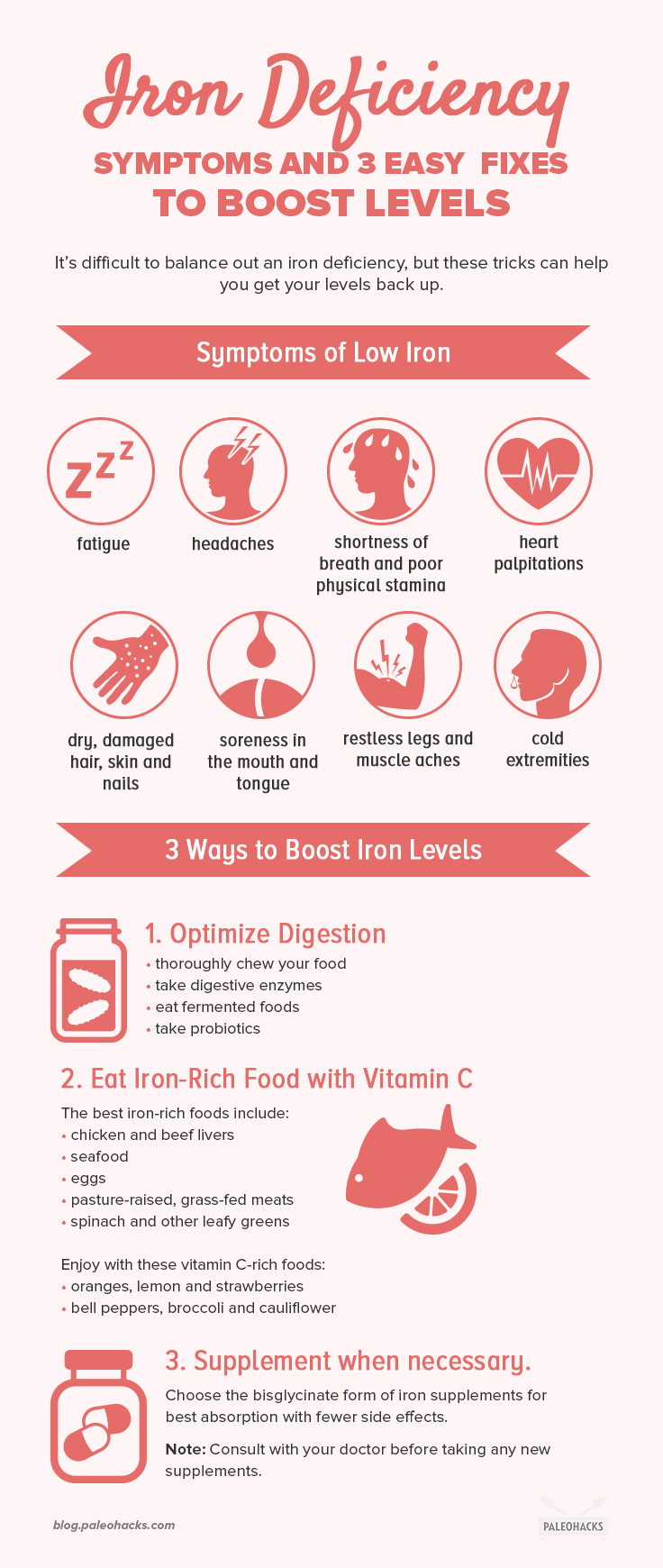
(Read This Next: The Harmful Effects of Vitamin B12 Deficiency and How to Heal It)


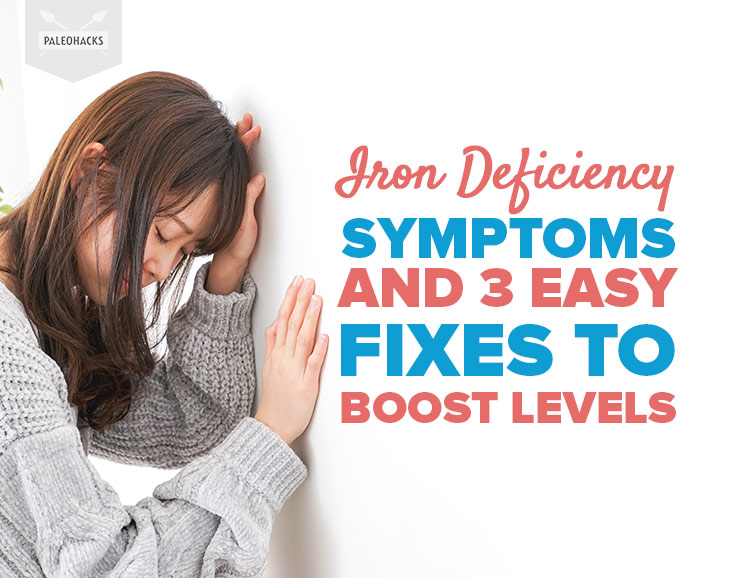
 Soft, Pillowy Cauliflower Gnocchi
Soft, Pillowy Cauliflower Gnocchi

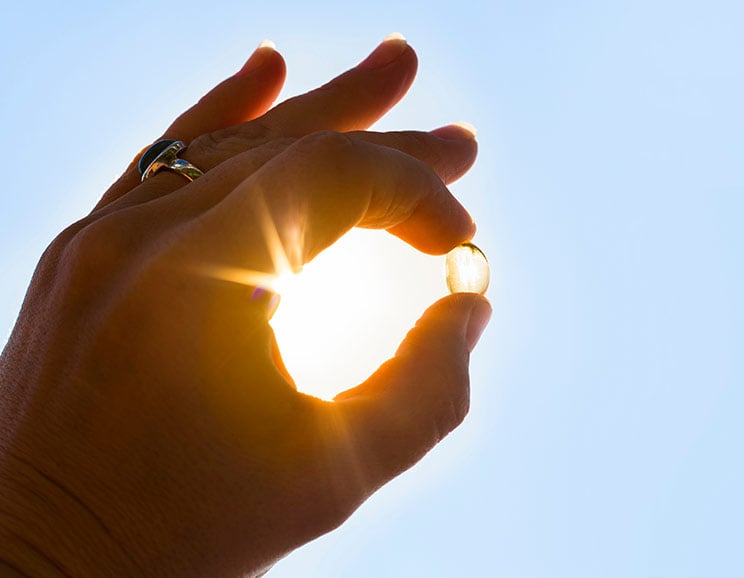


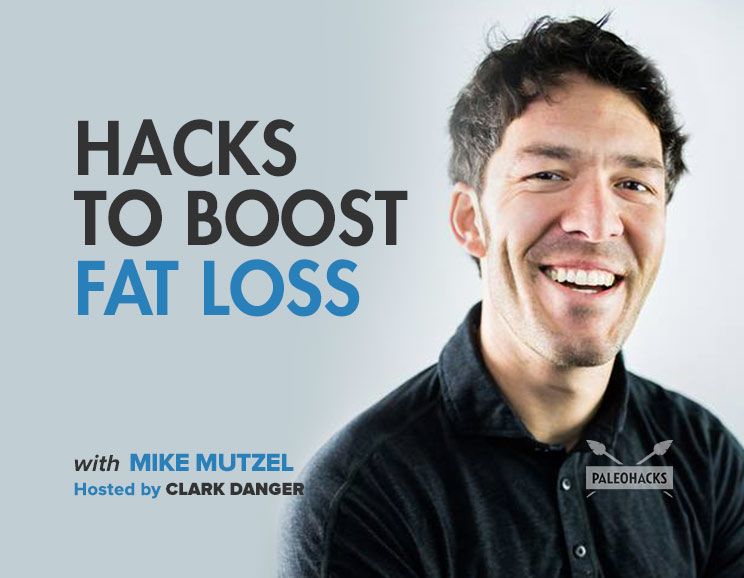

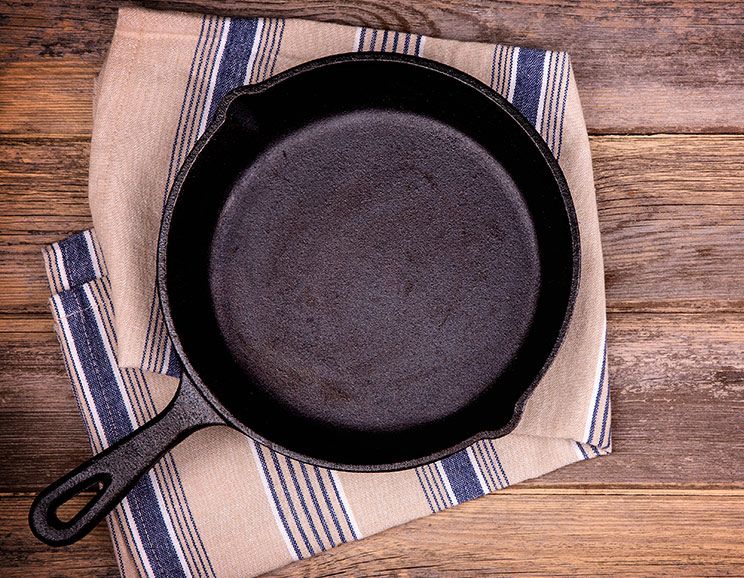

Show Comments